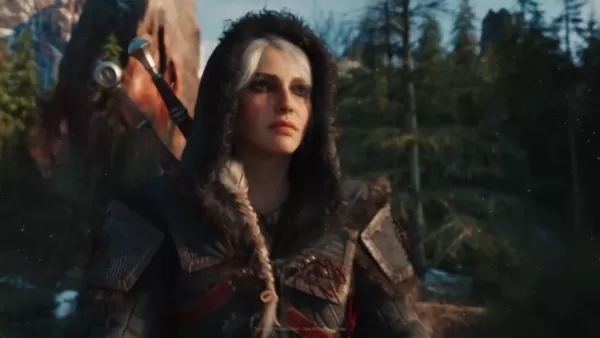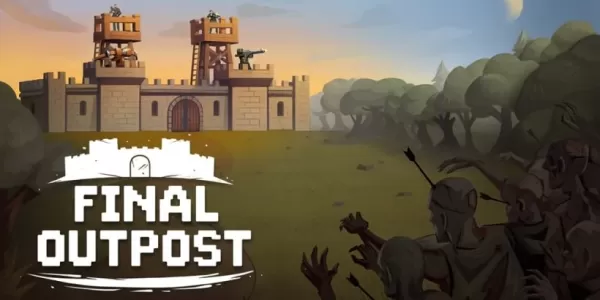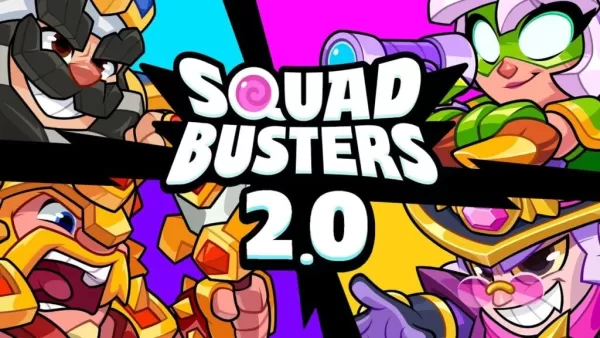NetEase Founder Nearly Scraps Marvel Rivals Over IP Concerns
NetEase's Marvel Rivals has proven to be a smashing success, attracting ten million players within just three days of its launch and generating substantial revenue for NetEase in the subsequent weeks. However, a recent Bloomberg report reveals that the game's development was nearly derailed by NetEase CEO and founder William Ding's hesitation to use licensed IP. According to the report, Ding was reluctant to pay for the use of Marvel characters and attempted to convince the artists to create original designs instead. This hesitation reportedly led to an attempted cancellation of the project, costing NetEase millions, yet the game ultimately launched to its current success.
The broader context at NetEase, as described by Bloomberg, shows Ding actively cutting jobs, closing studios, and pulling back from overseas investments. The aim is to streamline the company's portfolio in response to recent growth declines and to better compete with industry giants Tencent and MiHoYo. This strategy of downsizing almost included the cancellation of Marvel Rivals, highlighting the internal struggles at NetEase.
The report also notes the recent layoffs of the Marvel Rivals Seattle team, which NetEase attributed to "organizational reasons." Over the past year, Ding has halted investments in overseas projects, previously a significant area of focus for the company, including investments in Japanese and Western studios such as Bungie, Devolver Digital, and Blizzard Entertainment. Ding reportedly believes that games not generating hundreds of millions annually are not worth pursuing, though a NetEase spokesperson clarified to Bloomberg that the company does not set "arbitrary blanket numbers" for evaluating game viability.
Internally, NetEase faces challenges due to Ding's leadership style. Employees have described him as quick to make decisions and prone to frequent changes of mind. Additionally, Ding has reportedly pressured staff to work long hours, promoted numerous recent graduates to leadership positions, and canceled so many projects that NetEase might not release any new games in China next year.
NetEase's retreat from game investments coincides with ongoing uncertainty in the global games industry, particularly in Western markets. The industry has experienced consecutive years of mass layoffs, project cancellations, and studio closures, compounded by the underperformance of several high-budget, high-expectation games.





























